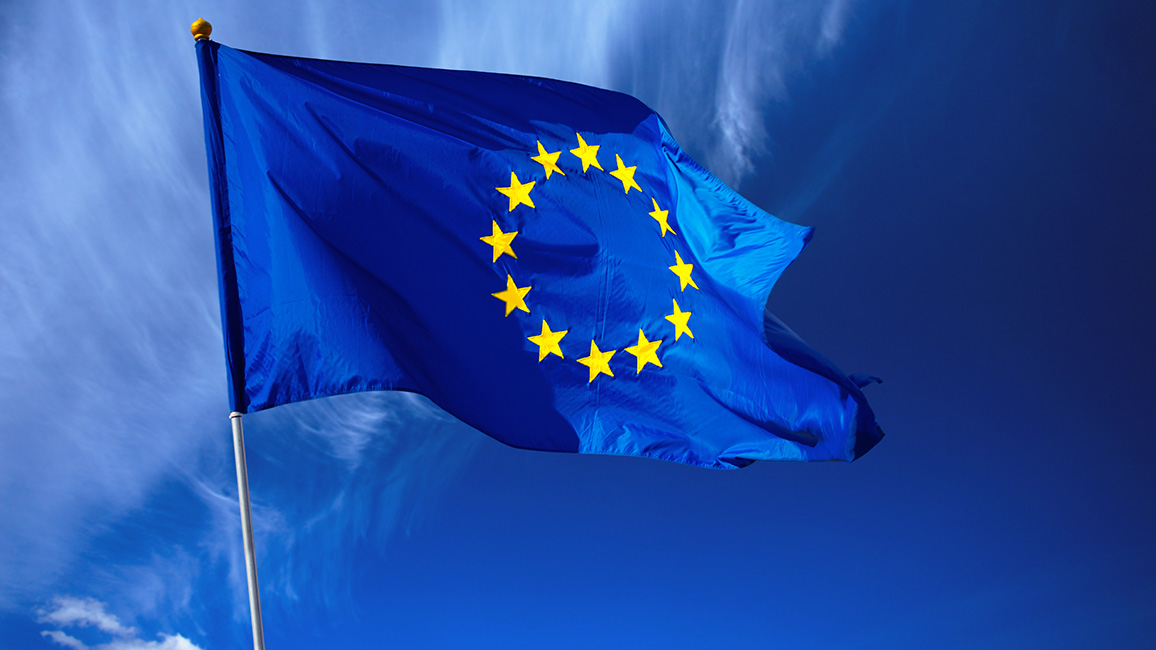Cohesion in Europe
Europe's cohesion is rightly regarded as an absolute precondition for the prosperity, security and sustainability of our continent. In this context, the social sciences and humanities provide a major contribution.
Europe's cohesion is rightly regarded as an absolute precondition for the prosperity, security and sustainability of our continent. In this context, the social sciences and humanities provide a major contribution.

thinkstock
The financial and economic crisis, the dynamics of flight and migration, increasing populism, the upcoming BREXIT and other geopolitical challenges show how fragile cohesion in Europe is – particularly when it comes to sharing risks and strains.
All this raises major questions: from cooperation in the areas of security and alliance policy, as well as in economic, trade and industrial policy, to cohesion and solidarity, democracy and political legitimacy, to systemic, social and cultural integration processes within the European Union. This is more than enough reason to conduct intensive research into solutions.
Against this background, the Federal Ministry of Education and Research (BMBF) supports projects that examine cohesion in the European Union (EU) – understood as a resilient and reliable system of interaction between its member states and their citizens – from an interdisciplinary perspective.
The focus of research:
The research projects are intended to stimulate social discourse and to be of practical relevance, i.e., they should address current problems and areas where action is required and, if necessary, develop solution concepts for politics. The inclusion of people involved in practical positions is particularly desirable.